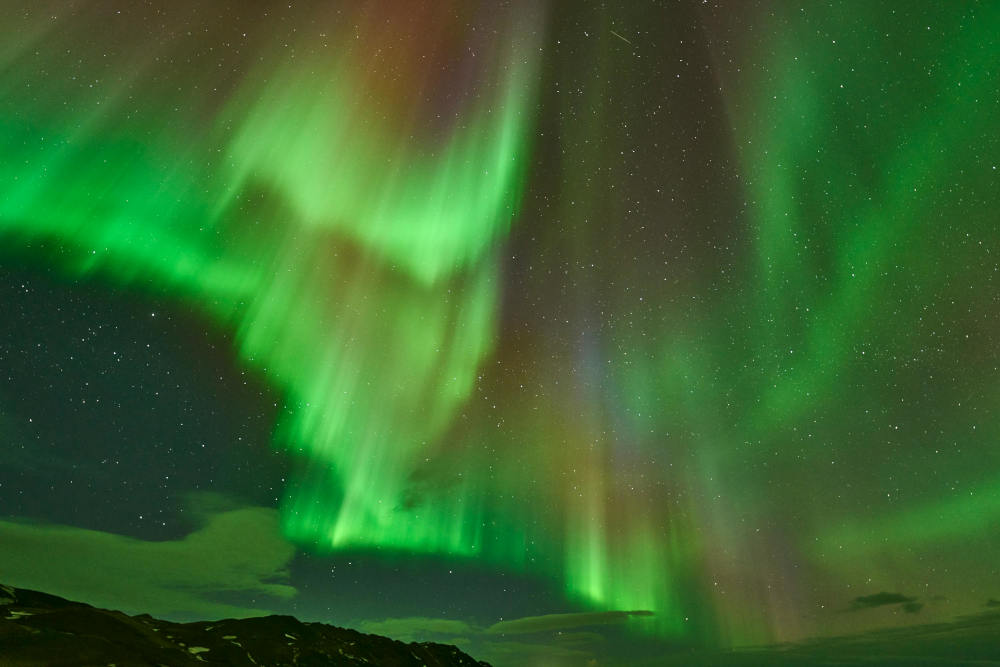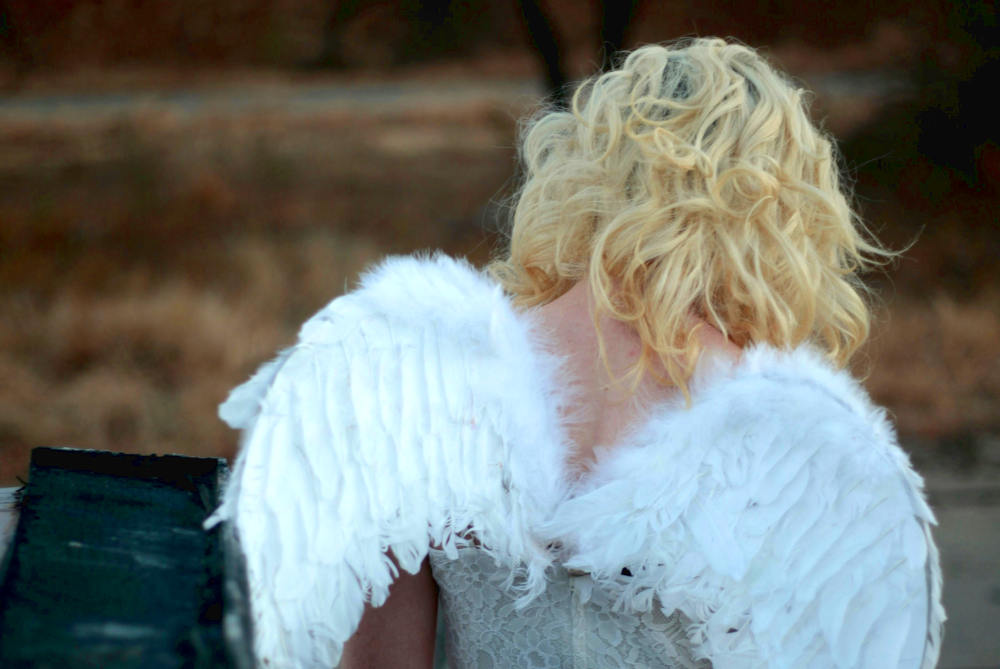
Have you ever looked up at the stars and wondered, Is there another version of me out there? Someone who made different choices, lived a different life—but is still me? That question isn’t just a fun thought experiment—it touches the edges of real scientific theories and ancient philosophical ideas.
Let’s dive into what modern physics, cosmology, and even spiritual thought have to say about the possibility of “another you” in another universe.
Panaprium est indépendant et pris en charge par les lecteurs. Si vous achetez quelque chose via notre lien, nous pouvons gagner une commission. Si vous le pouvez, veuillez nous soutenir sur une base mensuelle. La mise en place prend moins d'une minute et vous aurez un impact important chaque mois. Merci!
The Multiverse: A Universe of Universes
The idea of other versions of ourselves begins with the concept of the multiverse—the theory that our universe is just one of many.
In the past century, science has made incredible strides in understanding the cosmos. But with each answer, more questions have appeared. One of the biggest: Is this universe the only one?
Here are the most prominent multiverse theories that support the idea of alternate versions of ourselves:
1. Quantum Multiverse (Many-Worlds Interpretation)
This comes from quantum physics. In the 1950s, physicist Hugh Everett III proposed the Many-Worlds Interpretation of quantum mechanics. According to this theory, every time a quantum event happens with multiple possible outcomes, the universe “splits” into parallel versions—one for each outcome.
For example, if you were deciding between two job offers, one universe may exist where you chose Job A, and another where you picked Job B. In each universe, there’s a version of you living out the results of that choice.
In this model, there could be an infinite number of yous, each shaped by slightly different decisions and circumstances.
2. Cosmic Inflation and Bubble Universes
Another idea comes from cosmology. The theory of cosmic inflation—a rapid expansion after the Big Bang—suggests that our universe might be just one “bubble” in a vast foam of universes.
Each bubble could follow different physical laws. Some may never form stars, while others might resemble our own—but with subtle (or extreme) differences. If these universes are infinite and varied enough, there’s a statistical chance that someone just like you exists elsewhere.
3. String Theory and Brane Cosmology
In string theory, our universe might be a three-dimensional “brane” floating in a higher-dimensional space. Other branes could exist nearby, each a separate universe with its own versions of reality.
These could include alternate Earths and alternate people—including another version of you.
Is Another “You” Actually You?
Let’s pause for a moment.
Even if other versions of you exist, are they really you? Or just people who happen to be genetically identical—or nearly so?
This touches a deep philosophical issue: what makes you you? Is it your biology? Your memories? Your choices? Your soul?
In alternate realities, these versions of you might have different life experiences, personalities, or even moral values. If one version of you became a musician, and another a doctor—or even a criminal—are they the same person at all?
Many philosophers argue that identity isn’t fixed by body alone. It’s shaped by experience. So in a sense, these alternate versions may be “you,” but they’re also not you. They’re distinct beings—just like a twin is not the same person as their sibling.
Spiritual and Metaphysical Views
Science isn’t the only place exploring the idea of parallel selves. Many spiritual traditions have long entertained similar ideas in different forms.
1. Reincarnation and Multiple Timelines
Some belief systems suggest that we live many lifetimes—not just one after another, but possibly at the same time, in different dimensions. In some interpretations of Hinduism and Buddhism, consciousness is not bound to a linear timeline.
In modern spiritual communities, there’s also the concept of timeline jumping or quantum shifting—the idea that your consciousness can shift between different versions of your life or different versions of yourself, depending on your choices, intentions, and energy.
This aligns curiously with the quantum multiverse idea, but on a more personal, intuitive level.
2. Higher Self and Soul Fractals
Some metaphysical teachings propose that what we experience as “us” is just a part of a larger consciousness—often called the Higher Self. According to this view, your soul could have multiple “incarnations” happening at once across various dimensions or realities.
Each version of you may be exploring different aspects of life, growth, and emotion. And all of these experiences feed back into a greater whole.
It’s like branches of a tree. Each branch is unique, but they’re all part of the same tree.
What Would Another You Be Like?
If we imagine for a moment that another version of you exists somewhere out there, how different might they be?
Here are some possibilities:
-
A version of you who made one different decision in high school that changed your whole path.
-
A you who was born in another country, culture, or time.
-
A version of you with different talents, passions, or challenges.
-
A version of you who made peace with the things you still struggle with.
Thinking about these “other yous” can be strange—but it can also be empowering. It reminds us that who we are is not fixed. Every day, our choices shape us—and in a way, we're always creating new versions of ourselves.
Can We Ever Meet Another “Us”?
Science fiction is full of stories about meeting parallel selves. Shows like Rick and Morty, movies like Everything Everywhere All at Once, or Doctor Strange in the Multiverse of Madness play with this concept in wild, mind-bending ways.
But is it actually possible?
From a scientific perspective, even if parallel universes exist, the chances of interacting with them are extremely slim. They could exist in dimensions we can’t access. Or they could be so far away we’d never reach them—even at light speed.
Still, some scientists believe that under extreme quantum conditions—or through concepts like wormholes—a connection might one day be possible. But for now, it remains firmly in the realm of theory and imagination.
Why This Matters (Even If We Never Prove It)
You might wonder: If I’ll never meet another version of myself, why should I care?
Here’s why it’s worth thinking about:
-
It expands your sense of possibility. If there are infinite versions of you, it means you’re capable of many things—even in this life.
-
It deepens self-awareness. Thinking about your other selves helps you reflect on your choices, values, and identity.
-
It softens regret. Maybe there’s a version of you who did take that chance. And maybe you still can.
-
It opens the door to spiritual growth. Whether through meditation, intention, or awareness, you can imagine connecting with your “higher self” and drawing wisdom from all your potential selves.
Final Thoughts
So—is there another you in another universe?
According to some of the best minds in science, the answer could be yes. The multiverse may contain countless realities, including versions of you who made different choices and lived different lives. And according to many spiritual traditions, your consciousness might not be limited to just one body, one timeline, or one reality.
While we may never meet these alternate selves, the idea of them can still shape us. It invites us to ask big questions about who we are, what we’re capable of, and how we choose to live.
Because even if there are infinite versions of you out there—the only one you can shape is the one here and now.
And that’s powerful.
Cet article vous a-t-il été utile ? S'il vous plaît dites-nous ce que vous avez aimé ou n'avez pas aimé dans les commentaires ci-dessous.
About the Author: Alex Assoune
Contre Quoi Nous Luttons
Les groupes multinationaux surproduisent des produits bon marché dans les pays les plus pauvres.
Des usines de production où les conditions s’apparentent à celles d’ateliers clandestins et qui sous-payent les travailleurs.
Des conglomérats médiatiques faisant la promotion de produits non éthiques et non durables.
De mauvais acteurs encourageant la surconsommation par un comportement inconscient.
- - - -
Heureusement, nous avons nos supporters, dont vous.
Panaprium est financé par des lecteurs comme vous qui souhaitent nous rejoindre dans notre mission visant à rendre le monde entièrement respectueux de l'environnement.
Si vous le pouvez, veuillez nous soutenir sur une base mensuelle. Cela prend moins d'une minute et vous aurez un impact important chaque mois. Merci.































0 commentaires